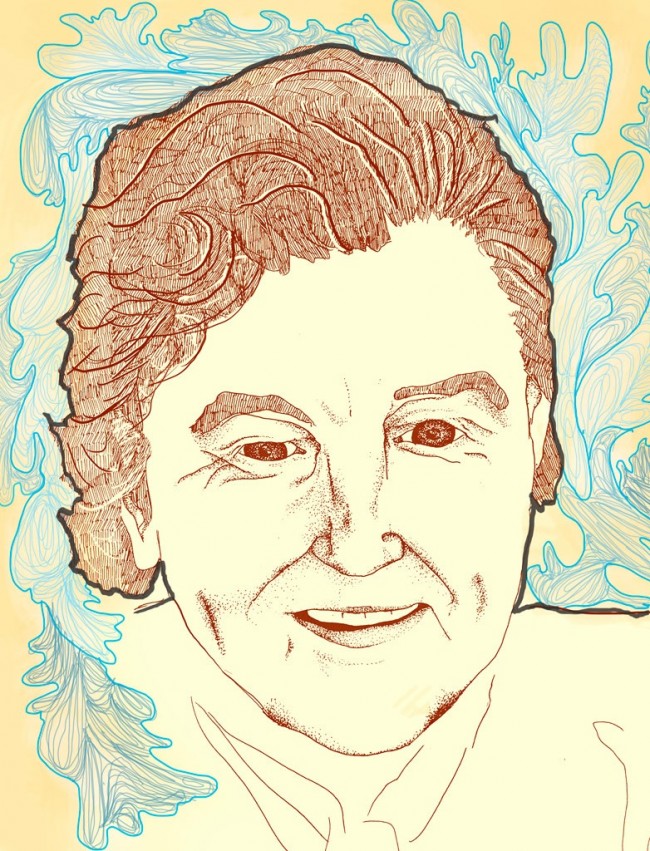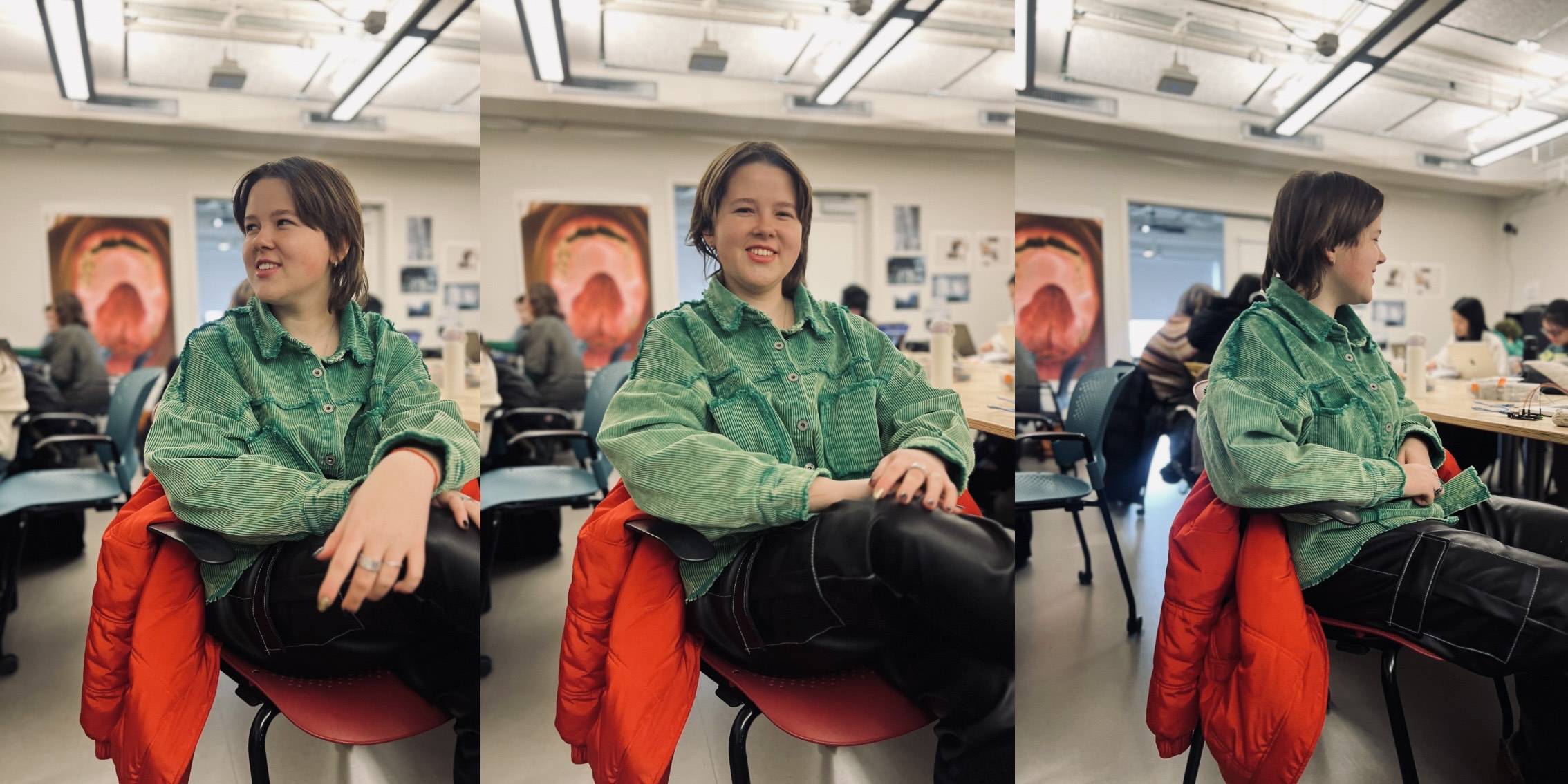After nearly 20 years as president of the School of the Art Institute, Tony Jones has left the building with a legacy that resounds and a powerful foundation in place for what promises to be an exciting future for SAIC. Although a native UK resident, Jones arrived at SAIC in 1986 from Glasgow University in Scotland. He stayed here until 1992, when he left for a brief interlude as the director of the Royal College of Art in London, but came back in 1997 where he reigned as President until 2008. Although he was succeeded in 2009 by Duke Reiter, and now currently Walter Massey, he has maintained a loyal leadership to SAIC as chancellor, a position he accepted when resigning as president, and has retired from (with an honorary doctorate and a building named after him), for good, this July. Recently, F sat down with Mr. Jones and a video camera in his personal office (bedecked with an entire wall of literature published or contributed to by alum, as well as research for the first ever documented history of the School of the Art Institute, which he’ll be releasing in 2015) to discuss his presidential tenure, why “Mirth and Girth”target=”_blank” and “What is the Proper Way to Display a U.S. Flag?” weren’t exactly memorable moments, and what it’s like to have helmed three of the world’s top art and design schools. Below are excerpts from the interview — stayed tuned to fnewsmagazine.com for a series of video installments featuring Jones. (And a sneak peak into what’s behind that incredible book!)
Retired SAIC president, Tony Jones. Staff illustration by Alli Berry.
Amanda Aldinger: Let’s start with your decision to retire as president, and your recent transition into the Chancellor role.
Tony Jones: Well, I’m a European. Traditionally in Europe you retire at 65. I came to the conclusion that the School needed to have new leadership in moving us foreword. Here we are at the end of the first decade of the 21st century: you have to reevaluate what the academic program should be. Students are very different. A student coming into the school now is very different from a student coming into the school five years ago — completely different from a student of ten years ago, utterly different from a student of 15 years ago, and before 15 years — they’re like they could be from a different planet. And that’s because the digital world, the digital immersive, the new kind of student we have is utterly different from anything we’ve experienced before.
These students have a different way of thinking about the world. So therefore, you have to look at the academic curriculum in an entirely new way. I’m an internationalist. I wanted to see the school become more international. The board wanted me to develop more relationships in Europe, in the UK, particularly in Asia, and so it was a moment for a changed role. A way of doing something different, and there was no one else in the school who had the time to that, or wanted to do that, etc. Rather than being dynastically here for centuries, that there should be a new dynamic leadership. No dynasties, but dynamism instead. I decided at that point that I should work out how I should disengage from the day to day operation of the President’s office and move to a position where I could be helpful with the School in donor relations, fundraising, international relations, etc. So I discussed that at length with the board, who said “The appropriate position for you would to become chancellor, until you decide that you’re actually going to step down,“ which is this year. Which will conclude almost 20 years of being here. So that’s the reason why.























[…] if you don’t like my art, the website is […]